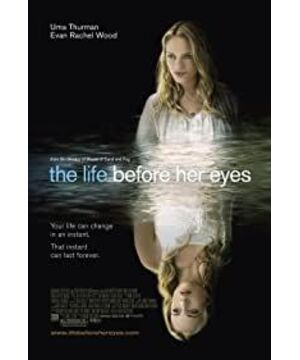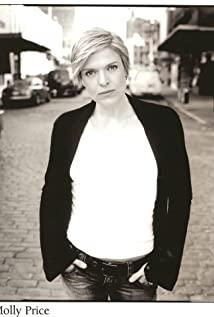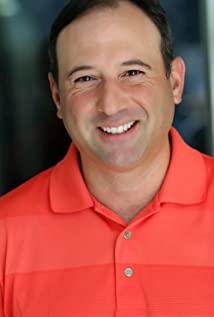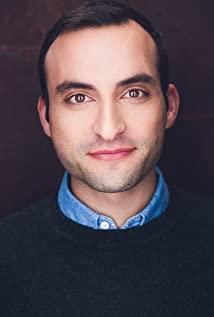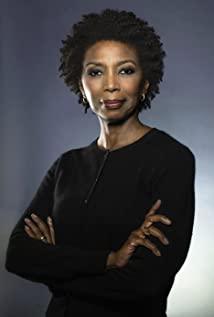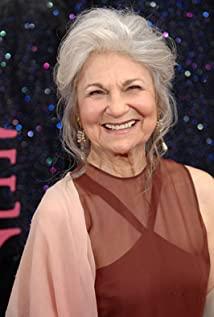Key words: decomposition.
The script may be two similar scripts, or the script originally tells a story with a complete ending in the normal order of time, space and time. Our lovely director, editing, constantly changing scenes, like painting a postmodern painting, but not with a brush, but with a lens. In this way, the changing picture itself becomes the basis for the deconstruction to be carried out to the end.
If time and space-time are disrupted, and if the story does not follow human logic, I would like to ask, what is the truth of such a movie? School violence, friendship, loyalty, family education, a sense of crisis, hope, despair, generation gap, destiny?
In addition to arousing our association with the above themes, what else can films inspire us?
Decomposition, the beauty of opposites, like the flower in the title, surrounded by the dreamy whiteness of Yang Xu under the clear sky. In the rain, a suffocating message of defeat is strongly revealed. If you don't kill M, kill D, if you don't kill D, then kill M. Is there an option to choose both or neither? The beauty of opposites is always inseparable from the other, deconstructing the only truth.
View more about The Life Before Her Eyes reviews


